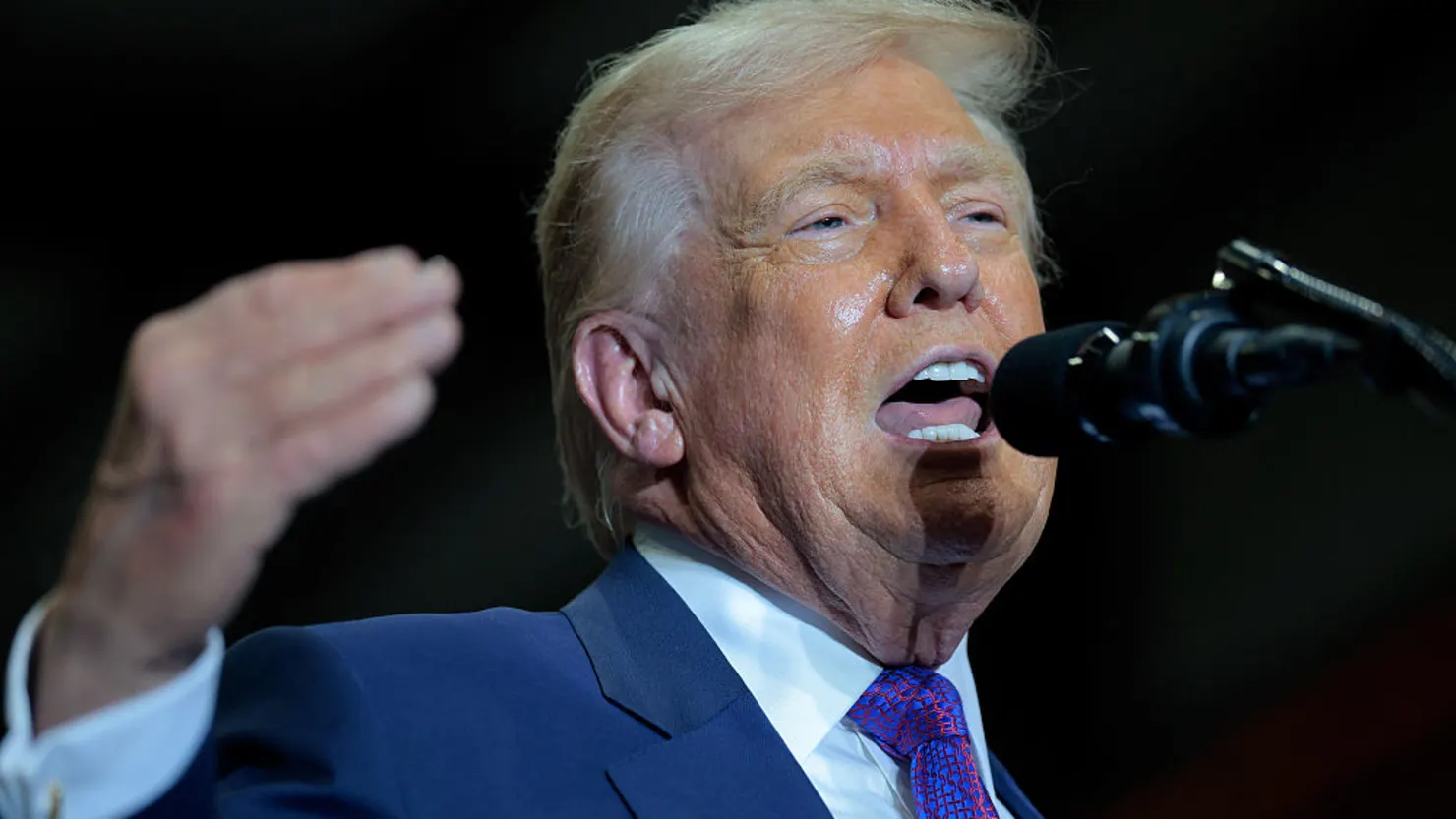Treasury Secretary Scott Bessent’s persistent focus on lowering 10-year bond yields is reshaping expectations on Wall Street, prompting analysts to revise their forecasts for US Treasury rates in 2025, Bloomberg reports.
Over the past several weeks, strategists at Barclays, Royal Bank of Canada, and Societe Generale have lowered their year-end projections for 10-year yields, citing Bessent’s efforts to keep borrowing costs down. His strategy includes limiting the size of debt auctions, supporting looser bank regulations to boost bond demand, and backing deficit-reduction initiatives.
“What used to be often mentioned in the bond market is the idea of ‘don’t fight the Fed,'” said Guneet Dhingra, head of US interest rates strategy at BNP Paribas. “It’s somewhat evolving into ‘don’t fight the Treasury.'”
Yields have already declined, with 10-year rates falling by half a percentage point in recent months. While part of this decline stems from investor concerns over President Donald Trump’s tariff policies and recession fears, analysts note that Bessent’s influence is also a key factor in the market’s shift.
A major turning point came when Bessent announced plans to keep sales of longer-term debt steady for the coming quarters—contrary to expectations of increased issuance. He has also advocated for a review of the Federal Reserve’s supplementary leverage ratio, which could make it easier for banks to hold Treasuries.
In a recent interview, Bessent expressed confidence that spending cuts, lower taxes, and energy policies would contribute to a “natural lowering of interest rates,” supporting economic growth. Some market watchers have likened his approach to a “Bessent put,” drawing parallels to the so-called “Greenspan put,” where Federal Reserve actions were seen as a backstop for financial markets.
Subadra Rajappa, head of US rates strategy at Societe Generale, noted that policymakers appear determined to prevent yields from rising significantly.
“If they see yields start to drift higher than 4.5%, I think you are going to see them jawboning and making sure they reemphasize that they are focused on debt and deficits and cutting spending,” she said.










The latest news in your social feeds
Subscribe to our social media platforms to stay tuned